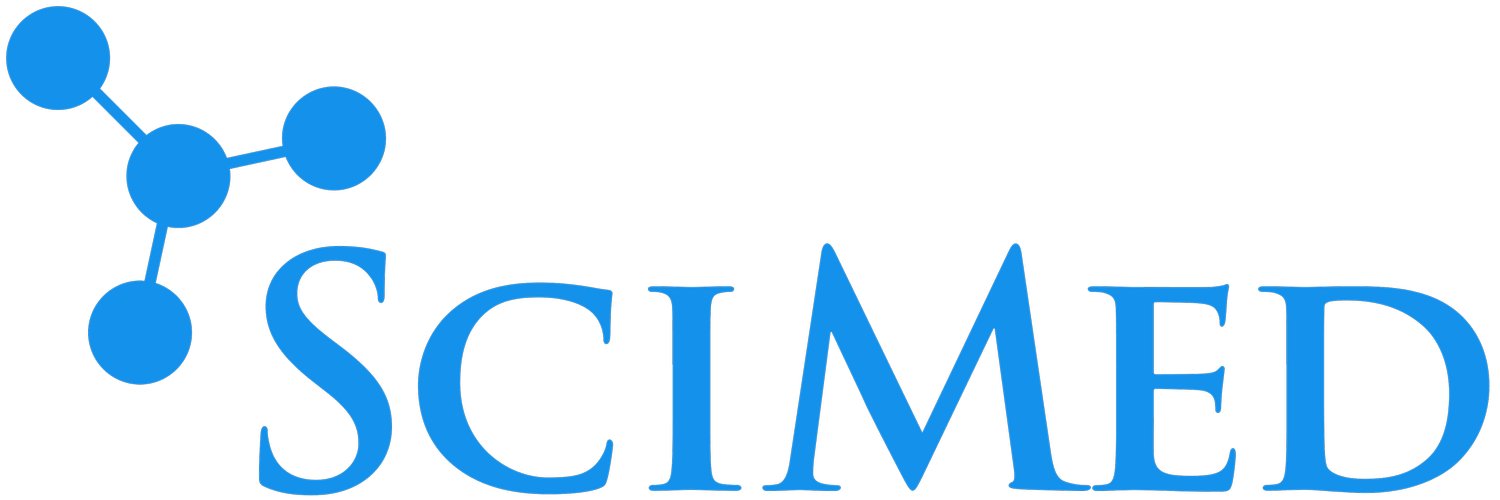The Power of AI in Scientific Settings: From Organization-Specific LLMs to AI Agents
Artificial intelligence (AI) is rapidly transforming many fields, and science is no exception. For scientists, AI presents a wealth of opportunities to enhance research, streamline workflows, and accelerate discovery. If you've been hearing a lot about AI and wondering how it can actually benefit your work, this post offers some practical examples of how AI, particularly through Large Language Models (LLMs) and AI Agents, can make a tangible difference.
Many researchers are aware of AI's potential, but figuring out where to start can be a challenge. It's not just about abstract concepts; it's about applying AI to real-world scientific problems. Let's explore some concrete applications that are relevant to researchers across various disciplines.
Enterprise-Optimized LLMs: Leveraging Internal Knowledge
Imagine a tool that can quickly and accurately answer your questions using your organization's own data. This is the core idea behind Enterprise-Optimized LLMs. These models are trained on internal documents, including operational procedures, specialized knowledge bases, and proprietary research. They can significantly improve efficiency and inform decision-making by making it easier to find the information you need, when you need it. Some specific ways that these LLMs can be utilized are:
Employee Support and Efficiency
Providing employees with rapid access to information, complete with citations from internal sources.
Document Creation and Planning
Generating proposals, experiment plans, or project estimates.
Ensuring compliance with established protocols.
Creating specifications and other documents that benefit from consistency and accuracy, informed by past company records.
Verifying calculations.
Planning experiments.
Quality Control
Reviewing and improving industry-specific documents, experimental designs, or technical blueprints.
Ensuring consistency and adherence to company standards in models and materials.
AI Agents: Automating Tasks and Empowering Researchers
AI Agents are designed to automate complex workflows and enhance decision-making in ways that go beyond simple task automation. Here are some specific examples of how they can be applied in scientific contexts:
Experiment Design and Optimization
AI Agents can assist with experiment design by suggesting appropriate methodologies, predicting potential outcomes based on existing data, and optimizing resource allocation.
They can also simulate experiments in silico, allowing researchers to explore different options before committing to costly lab work.
Data Analysis and Interpretation
Processing large datasets, such as genomic sequences, astronomical data, or climate models, and identifying patterns or anomalies.
Summarizing research findings and correlating them with existing literature to help uncover new insights.
Hypothesis Generation
Analyzing existing research and propose new hypotheses that align with observed trends or gaps in knowledge.
Scientific Literature Review
Automating the review of thousands of papers to extract relevant insights, key citations, and emerging trends.
Summarizing key findings from diverse sources and linking them to ongoing projects.
Grant Writing and Proposal Assistance
Drafting grant proposals by synthesizing past successful applications and tailoring them to specific funding calls.
Creating detailed project plans with realistic timelines and budgets.
Lab Workflow Automation
Managing lab schedules, inventory, and experimental protocols to ensure smooth operations.
Automating repetitive tasks like pipetting or monitoring experiments.
Predictive Modeling
Developing sophisticated predictive models for complex systems, such as biological processes, chemical reactions, or physical phenomena, e.g. predicting protein folding or drug interactions.
The goal of AI in science is not to replace researchers, but to empower them. By automating tedious tasks, providing access to vast amounts of information, and generating new insights, AI can help free up scientists to focus on the most creative and strategic aspects of their work, ultimately accelerating the pace of discovery.

